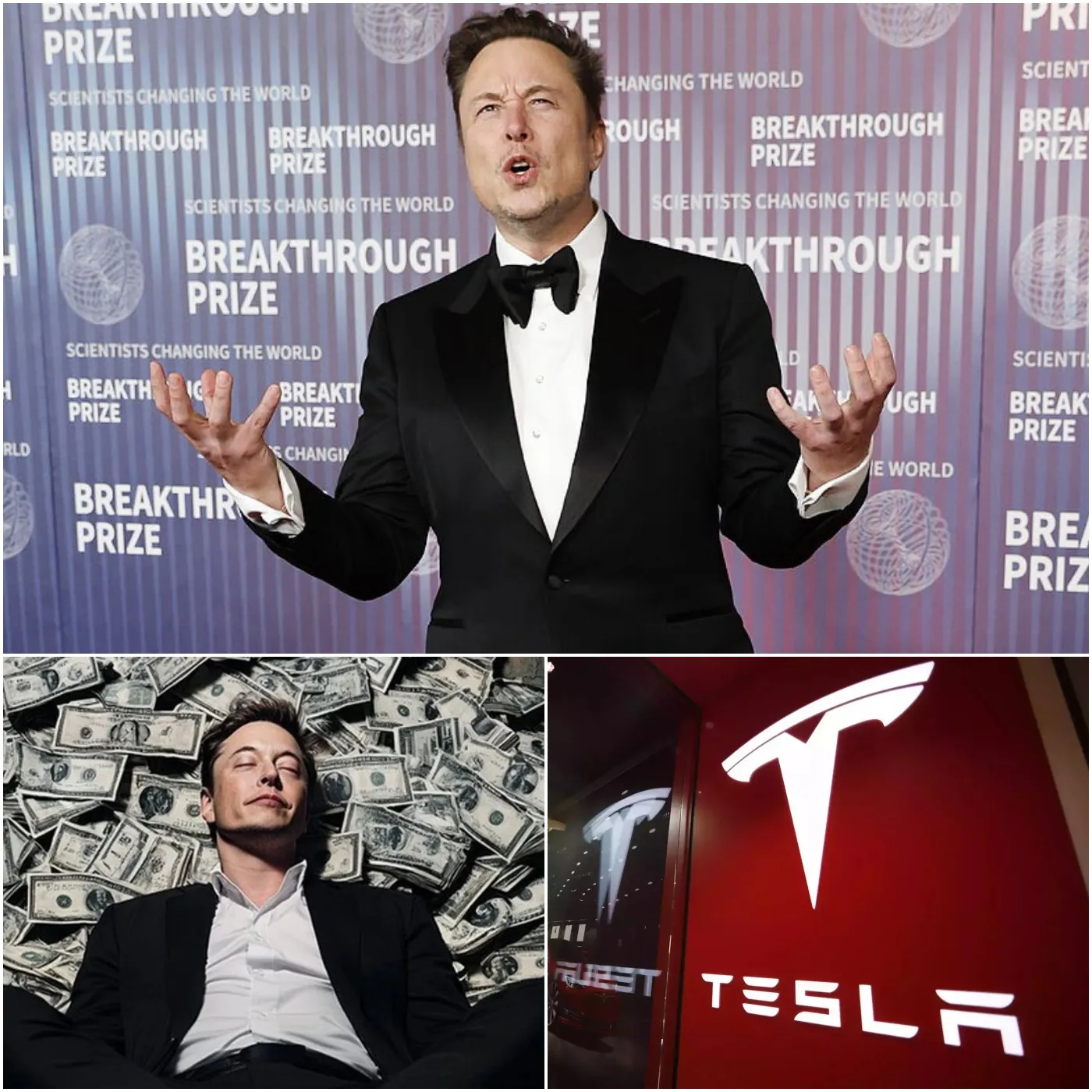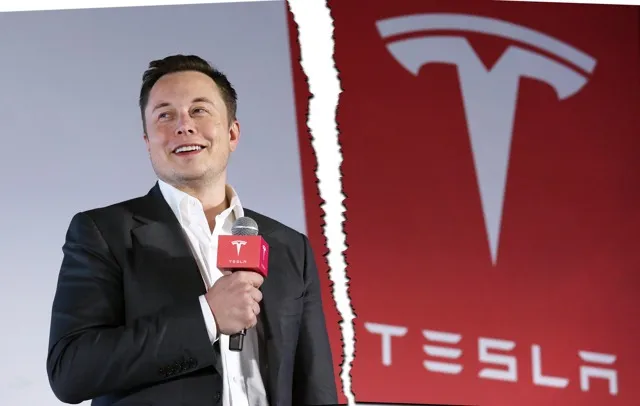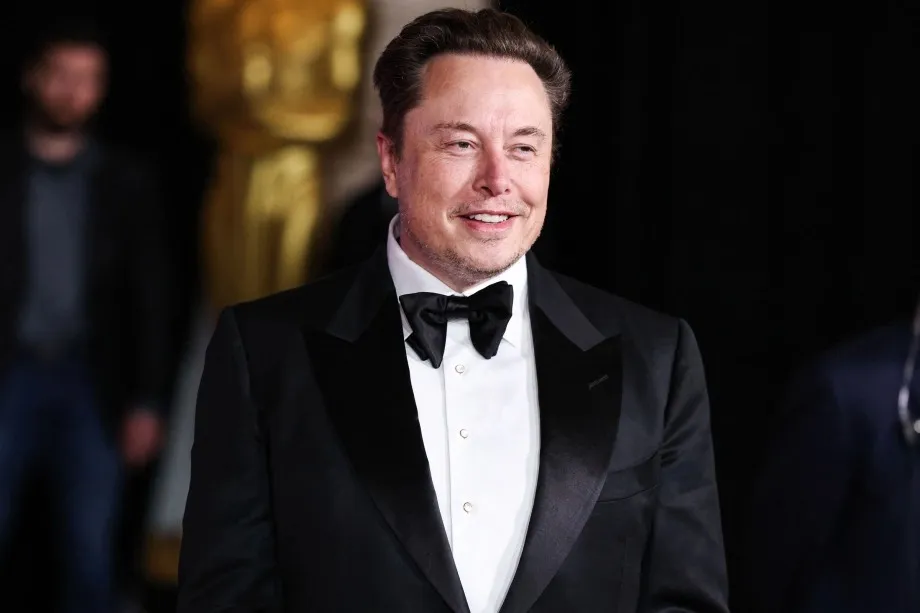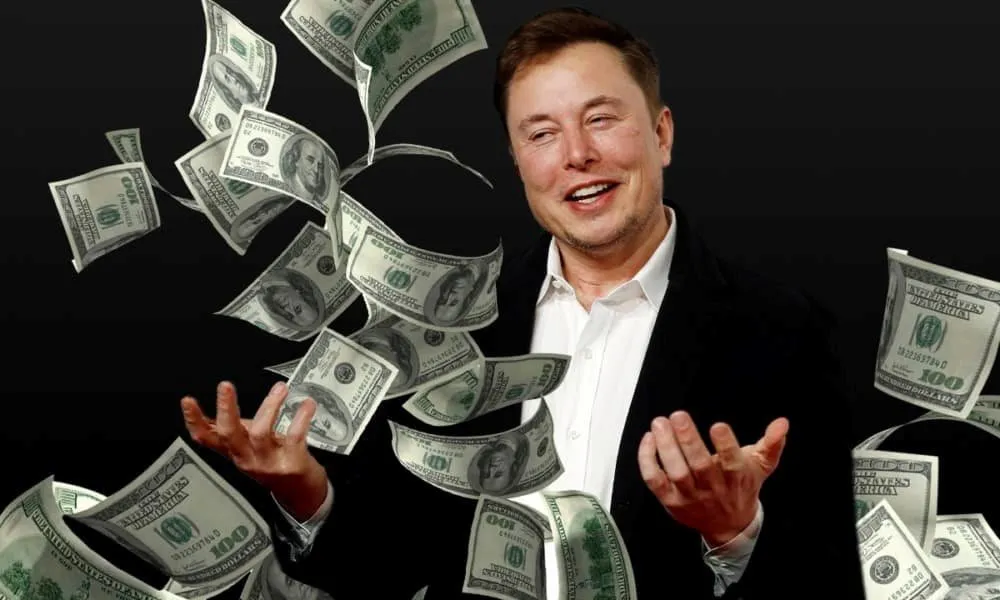
The “Future Airbnb Model” is a bold initiative that allows Tesla owners to rent out their vehicles when not in use, effectively turning their cars into a source of passive income. Leveraging Tesla’s advanced autonomous driving technology, the program enables cars to operate as self-driving taxis or rental vehicles, managed through a dedicated app. Owners can set availability, pricing, and even customize the experience for renters, such as offering premium features like heated seats or access to Tesla’s Supercharger network. Tesla claims this model will not only maximize the utility of its vehicles but also make EV ownership more affordable by offsetting costs through rental income.

The concept has been met with both excitement and skepticism. Proponents argue that it’s a natural evolution of Tesla’s vision to create a sustainable transportation ecosystem. “This is a game-changer,” said a Tesla spokesperson. “Our cars are already equipped with cutting-edge technology—why not let them work for their owners when they’re sitting idle?” The company projects that the program could generate billions in revenue, with Tesla taking a percentage of each rental transaction. Some analysts estimate that this could add a new revenue stream worth $10 billion annually within the next five years, further solidifying Tesla’s dominance in the EV market.
However, the announcement comes at a tumultuous time for Tesla. The company has faced significant challenges recently, including a sharp decline in stock value—down over 50% since its peak in December—and flagging global sales, particularly in competitive markets like Europe and China. Tesla’s sales have been outpaced by rivals such as China’s BYD, which reported annual sales of $107 billion compared to Tesla’s $97.7 billion. Additionally, Musk’s high-profile role in the Trump administration as head of the Department of Government Efficiency (DOGE) has drawn criticism, with some investors and analysts arguing that his political activities are distracting him from Tesla’s core business. Protests against Musk’s political involvement have led to vandalism of Tesla showrooms and vehicles, further damaging the brand’s image.

Amid these challenges, the news of Musk’s potential $46 billion bonus has reignited controversy. The bonus, which was approved by Tesla shareholders last year, is tied to the company achieving specific market capitalization and revenue milestones. With the unveiling of the Future Airbnb Model, Tesla’s stock surged 12% in a single day—its best performance since November—pushing the company closer to the thresholds required for Musk’s payout. If Tesla meets these goals, Musk’s bonus would be one of the largest in corporate history, adding to his already substantial wealth, which currently stands at $325 billion despite recent losses.
Critics have questioned the timing and ethics of such a massive bonus, especially given Tesla’s struggles. “Musk is being rewarded while the company is in crisis,” said one analyst. “It sends the wrong message to investors and employees.” Others, however, see the bonus as a testament to Musk’s vision and ability to innovate under pressure. “Elon is a genius who thinks decades ahead,” a Tesla investor argued on X. “This Airbnb model could redefine transportation.”

As Tesla moves forward with its ambitious plan, the world is watching closely. Will the Future Airbnb Model be the lifeline Tesla needs, or is it a risky gamble that could further strain the company’s resources? And with Musk’s bonus hanging in the balance, the stakes have never been higher for the billionaire and his electric empire.



